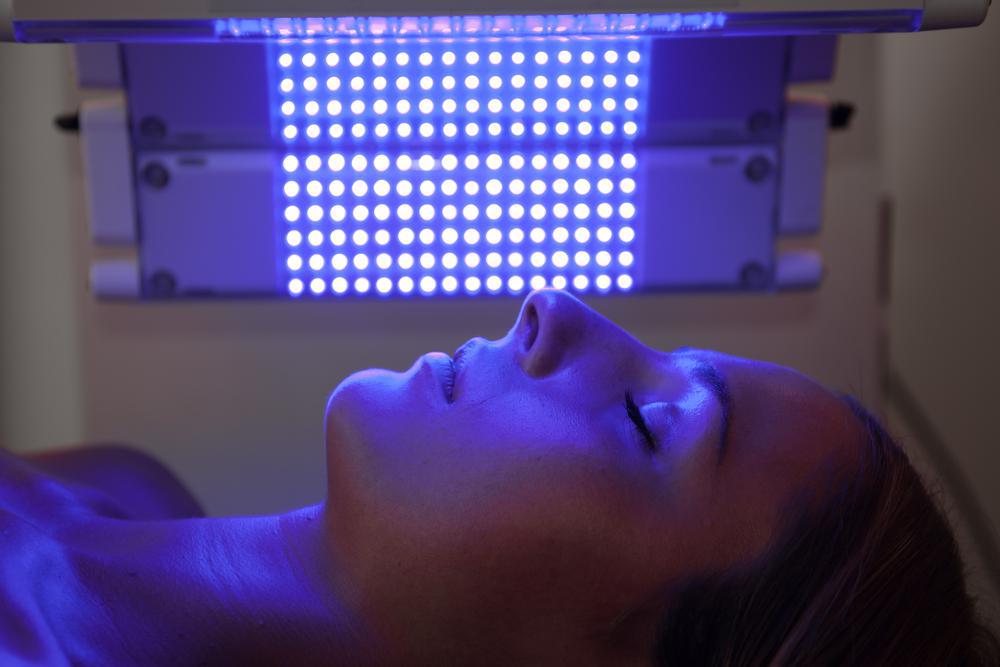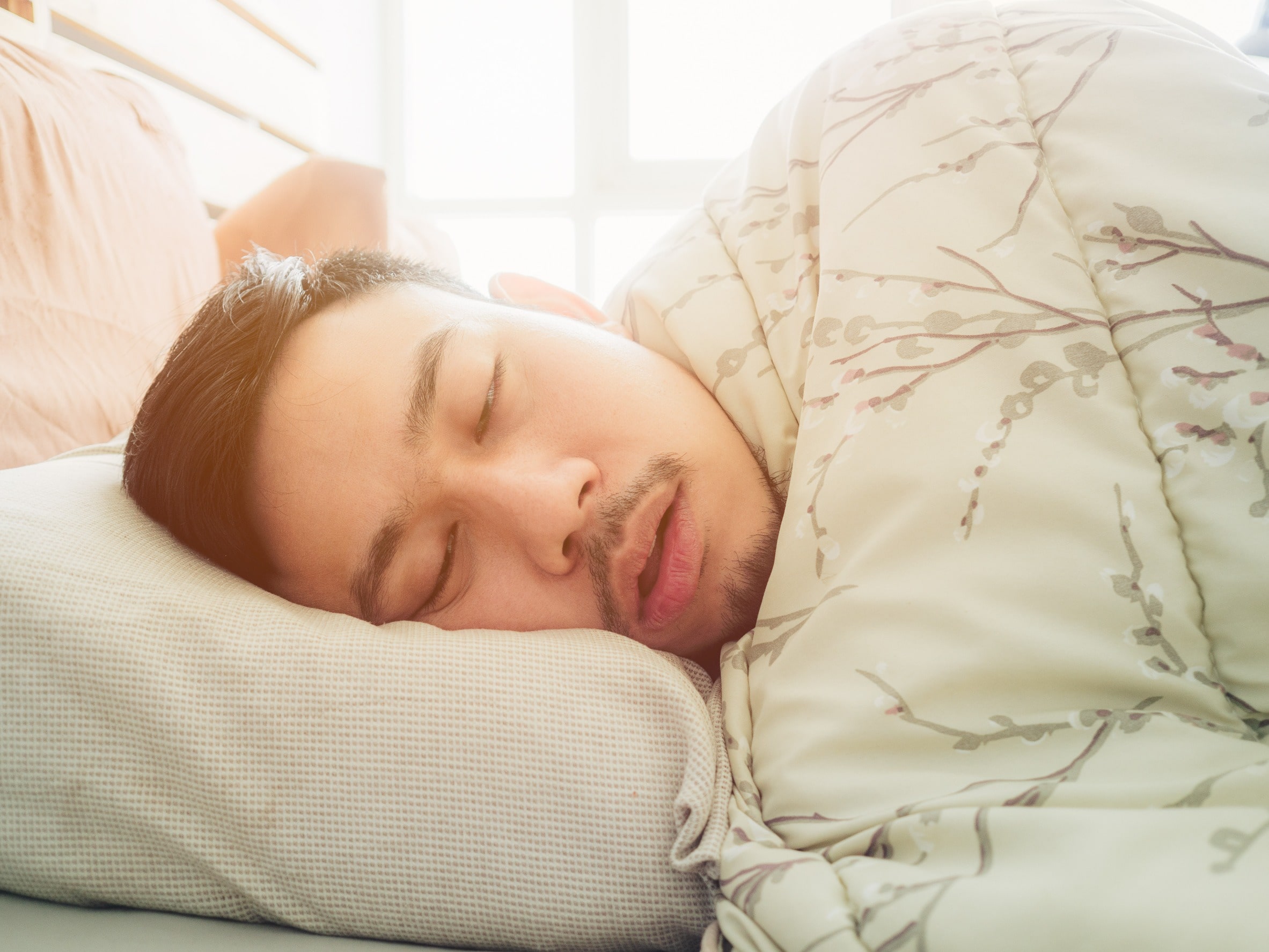Reliable Insomnia Therapy - Regain Your Restful Nights
Reliable Insomnia Therapy - Regain Your Restful Nights
Blog Article
Reliable Treatment Solutions for Handling Sleep Disorders and Enhancing Relaxed Rest
In the world of healthcare, the management of sleep problems and the pursuit for peaceful rest are critical parts of general well-being. Efficient therapy solutions supply a diverse technique to take on these difficulties, ranging from cognitive behavior treatments to all natural methods that promote leisure and mindfulness. The expedition of different techniques, including the combination of medication and light treatment, opens up a realm of possibilities in the pursuit of far better sleep top quality. As we browse the complex landscape of sleep conditions and look for to enhance our rest experience, a deeper understanding of these therapy remedies may hold the trick to unlocking a much more relaxing and meeting restorative trip.
Cognitive Behavior Treatment for Sleeplessness (CBT-I)
Cognitive Behavior Treatment for Insomnia (CBT-I) is a structured, evidence-based treatment technique that concentrates on resolving the hidden variables adding to sleep disturbances. This type of therapy intends to change behaviors and ideas that aggravate sleep problems, eventually promoting healthy rest patterns. CBT-I generally involves several essential parts, consisting of cognitive therapy, rest restriction, stimulus control, and sleep health education and learning.
Cognitive treatment helps individuals identify and change unfavorable thought patterns and beliefs about rest that may be impeding their capability to drop or remain asleep. Rest limitation entails limiting the quantity of time invested in bed to match the individual's actual sleep duration, thus raising sleep performance (sleep improvement therapy). Stimulation control methods help establish a solid association in between the bed and rest by motivating individuals to head to bed only when drowsy and to stay clear of taking part in stimulating tasks in bed
Moreover, rest hygiene education and learning concentrates on developing healthy sleep routines, such as preserving a constant sleep schedule, producing a relaxing going to bed routine, and maximizing the sleep atmosphere. By addressing these variables thoroughly, CBT-I supplies a reliable non-pharmacological intervention for handling sleeplessness and improving general rest top quality.
Sleep Health Practices
Having established the structure of cognitive restructuring and behavior modifications in dealing with sleeplessness through Cognitive Behavioral Treatment for Sleeping Disorders (CBT-I), the focus currently shifts in the direction of exploring important Rest Health Practices for keeping optimal sleep high quality and overall health.
Rest health methods include a variety of behaviors and environmental elements that can dramatically influence one's ability to sleep and stay asleep throughout the night. Regular rest and wake times, developing a relaxing bedtime regimen, and maximizing the sleep environment by maintaining it dark, peaceful, and cool are important elements of good rest health. Restricting direct exposure to screens prior to bedtime, avoiding energizers like caffeine near to going to bed, and engaging in regular exercise throughout the day can additionally advertise far better rest top quality.
Furthermore, exercising leisure methods such as deep breathing exercises or reflection prior to bed can assist relax the mind and prepare the body for rest. By including these rest health techniques right into one's everyday regimen, people can establish a healthy sleep pattern that sustains relaxing sleep and total well-being.
Relaxation Techniques and Mindfulness
Carrying out leisure methods and mindfulness practices can play a pivotal duty in fostering a feeling of calmness and promoting high quality rest. sleep disorder treatment. These strategies aim to quiet the mind, minimize tension, and develop an optimum atmosphere for restful sleep. One commonly practiced method is deep breathing exercises, where people concentrate on sluggish, deep breaths to unwind the body and mind. Progressive muscle relaxation entails tensing and afterwards releasing each muscular tissue team, promoting physical relaxation. Furthermore, guided imagery can assist carry people to a serene area in their minds, assisting in tension decrease and boosting sleep quality.
Mindfulness practices, such as reflection and yoga, are additionally effective in advertising leisure and enhancing sleep. Mindfulness motivates individuals to stay present in the minute, releasing bother with the read this post here past or future. By incorporating these techniques right into a going to bed regimen, individuals can indicate to their bodies that it is time to prepare and take a break for rest. In general, incorporating relaxation strategies and mindfulness methods can considerably add to taking care of sleep conditions and enhancing overall rest high quality.

Medicine Options for Sleep Disorders
After checking out leisure strategies and mindfulness methods as non-pharmacological treatments for boosting sleep quality, it is vital to consider medication options for people with sleep disorders. In situations where way of life changes and treatment do not provide enough relief, medicine can be a beneficial device in managing rest disruptions.
Frequently recommended drugs for rest conditions consist of benzodiazepines, non-benzodiazepine hypnotics, antidepressants, and melatonin receptor agonists. Benzodiazepines, such as diazepam, are sedatives that can assist induce sleep, however they are typically advised for temporary usage because of the threat of dependancy. Non-benzodiazepine hypnotics like zolpidem are additionally used to treat sleeplessness and have a lower risk of reliance compared to benzodiazepines. Antidepressants, such as trazodone, can be valuable for individuals with co-occurring anxiety and rest disruptions. Melatonin receptor agonists, like ramelteon, target the body's natural site link sleep-wake cycle and can be helpful for controling sleep patterns.
It is critical for people to seek advice from a doctor to figure out the most proper medication alternative based on their specific rest condition and medical history.
Light Treatment for Body Clock Law
Light treatment, likewise known as phototherapy, is a non-invasive therapy method utilized to manage circadian rhythms and boost sleep-wake cycles. This therapy includes direct exposure to bright light that resembles all-natural sunshine, which helps to reset the body's body clock. By exposing individuals to details wavelengths of light, generally in the morning or evening relying on the desired result, light therapy can successfully change the circadian rhythm to promote wakefulness throughout the day and enhance peaceful rest at night.
Research study has actually shown that light therapy can be specifically valuable for individuals with circadian rhythm problems, such as postponed sleep stage disorder or jet lag. It can additionally be useful for those experiencing seasonal depression (SAD), a kind of depression that usually takes place during the cold weather when all-natural light exposure is minimized. Light treatment is typically well-tolerated and can be used together with various other treatment methods for sleep disorders to maximize end results and enhance overall rest high quality.
Verdict
In verdict, efficient treatment remedies for taking care of rest conditions and enhancing relaxing sleep include Cognitive Behavior modification for Sleeping Disorders (CBT-I), sleep hygiene methods, leisure strategies and mindfulness, drug options, and light treatment for circadian rhythm policy. These strategies can help people boost their rest high quality and overall health. It is important to seek advice from a doctor to determine the most ideal approach for attending to rest issues.
As we browse the intricate landscape of sleep conditions and seek to enhance our sleep experience, a much deeper understanding of these therapy services might hold the secret to opening a much more relaxing and fulfilling restorative journey.
Rest constraint includes limiting the quantity of time spent in bed to match the person's actual rest period, non 24 hour sleep disorder thus enhancing rest effectiveness. Consistent rest and wake times, producing a relaxing bedtime routine, and optimizing the rest atmosphere by keeping it dark, silent, and cool are essential components of excellent sleep health. Light therapy is typically well-tolerated and can be made use of in combination with other treatment methods for rest conditions to optimize end results and improve total sleep top quality.

Report this page